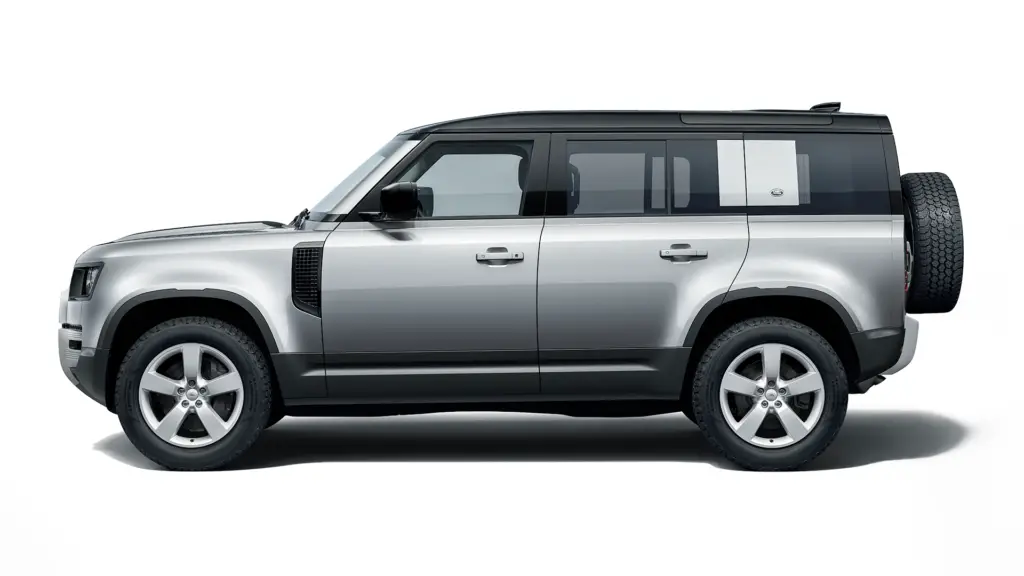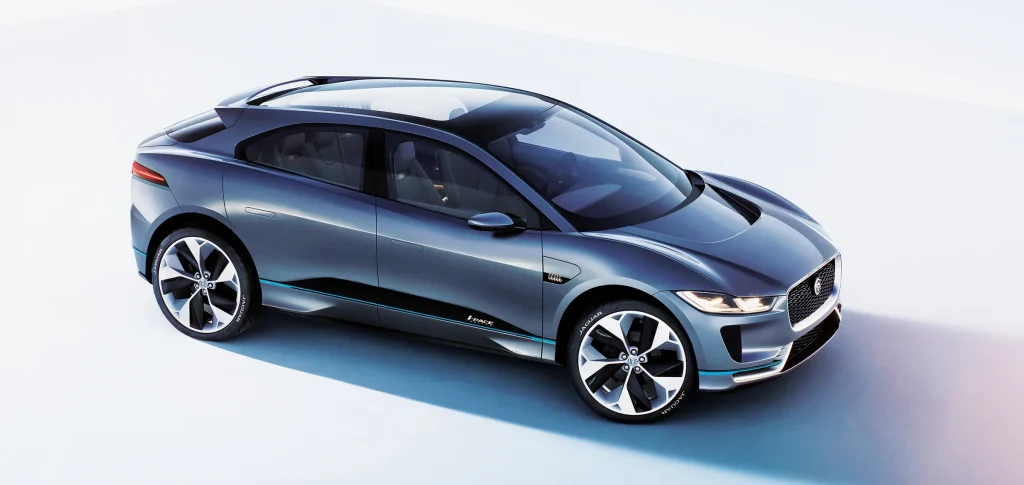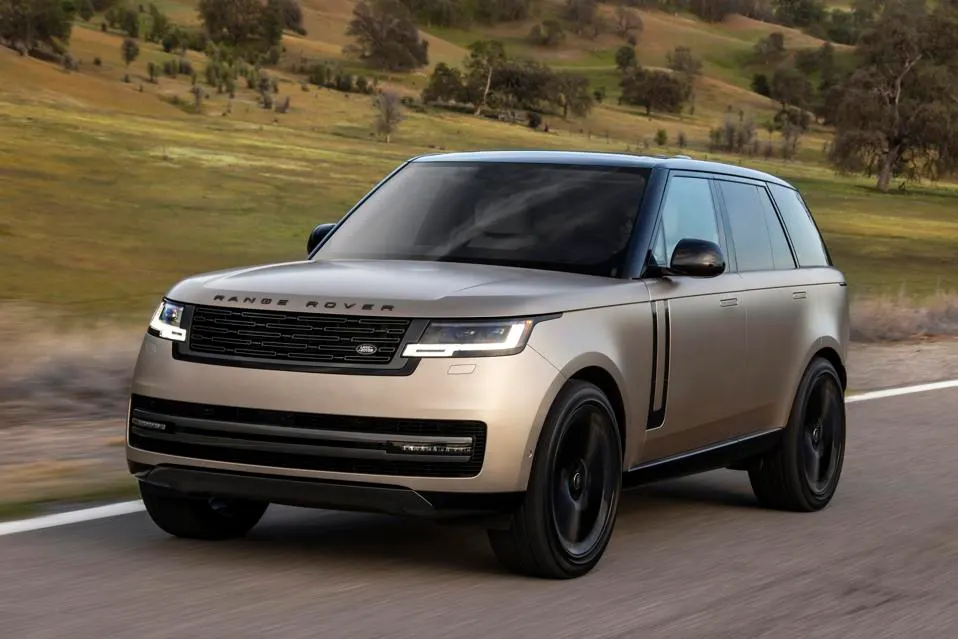In an era where the automotive industry is as dynamic as the vehicles it produces, Jaguar Land Rover (JLR) stands out with its recent announcement of record revenues. This remarkable financial performance is a testament to the brand’s enduring appeal and its strategic foresight in the face of stringent electric vehicle (EV) mandates in the UK.
Table of Contents
A Financial Leap for Jaguar Land Rover
JLR, the subsidiary of Tata Motors, has not just weathered the storm but sailed through it with flying colors. The company reported a staggering £13.8 billion in revenue over six months, up by an impressive 42% compared to the previous year. The last quarter alone witnessed revenues hitting £6.9 billion, with pre-tax profits climbing to £442 million. This marks a significant milestone for JLR, achieving its fourth consecutive quarter of profit for the first time in half a decade. This financial upturn is a robust rebound from a series of challenges, including substantial investment write-downs in the Chinese market, the global pandemic’s impact, and the semiconductor shortage that rattled the entire industry.
Sustained Demand and Order Backlog Insights
JLR’s financial resurgence is closely tied to the unwavering global demand for its luxury Range Rover and the versatile Defender models. The brand’s stronghold, particularly in the Chinese market, has been a major revenue driver. Despite a backlog of 165,000 vehicles—a notable decrease from a peak of over 200,000—the company’s leadership remains optimistic. CEO Adrian Mardell forecasts revenues to soar to new heights in the latter half of the fiscal year, though he anticipates a potential softening in demand as the next financial year unfolds.

The EV Challenge and JLR’s Strategic Response
The UK government’s ambitious ZEV mandate requires that by next year, 22% of all car sales must be electric. Failure to meet the target could result in fines of £15,000 for every non-electric vehicle produced over the threshold. This policy poses a significant challenge for traditional automakers. JLR’s response is a calculated navigation through regulatory loopholes, such as counting plug-in hybrid vehicles towards compliance and banking on future over-compliance to offset any early shortcomings. This strategic manoeuvring is expected to shield the company from the brunt of non-compliance fines. JLR’s projections are bold, aiming for 70% of its sales to be battery electric by 2027, a figure that overshadows the ZEV mandate’s target of 38%. This might also result in strong offers on the iPace, 0% APR deals on finance could be expected. This way JLR will try to get closer to the EV targets.
Expanding the Electric Fleet
JLR’s current electric lineup is spearheaded by the Jaguar I-Pace, an EV that has garnered praise from critics and consumers alike. However, the iPace will be discontinued in 2025. The anticipation for the electric Range Rover is palpable, with deliveries expected to commence in late 2024. This move is part of JLR’s broader £15 billion investment plan to electrify its vehicle offerings. CEO Mardell has hinted at enticing deals to boost the I-Pace’s sales in the interim, signalling a proactive approach to maintaining market relevance.

Tata’s Role in JLR’s Electrification Journey
The support from Tata Motors is pivotal in JLR’s shift towards an electric-dominated future. A £4 billion investment in a UK-based battery production facility underscores Tata’s commitment to JLR’s success. These homegrown batteries are slated to power JLR’s electric models from the end of 2026, marking a significant step in the brand’s electrification journey.
The Road Ahead
Jaguar Land Rover’s journey is emblematic of a legacy brand’s transformation in the face of industry evolution. The company’s current financial health is robust, and its strategic moves towards an electric future are clear and present. As JLR gears up to meet the ZEV mandate on its own terms by 2025 and 2026, it proves to be a company of innovation and adaptability in a sector that is rapidly redefining itself.
Frequently Asked Questions
When will the new electric Range Rover be available?
The electric Range Rover is anticipated to start deliveries towards the end of 2024, marking a significant expansion of JLR’s electric vehicle lineup.
What investments are being made for Jaguar Land Rover’s transition to EVs?
JLR is investing £15 billion in electrification, which includes the development of new electric models and a £4 billion battery factory in the UK in collaboration with Tata Motors.

